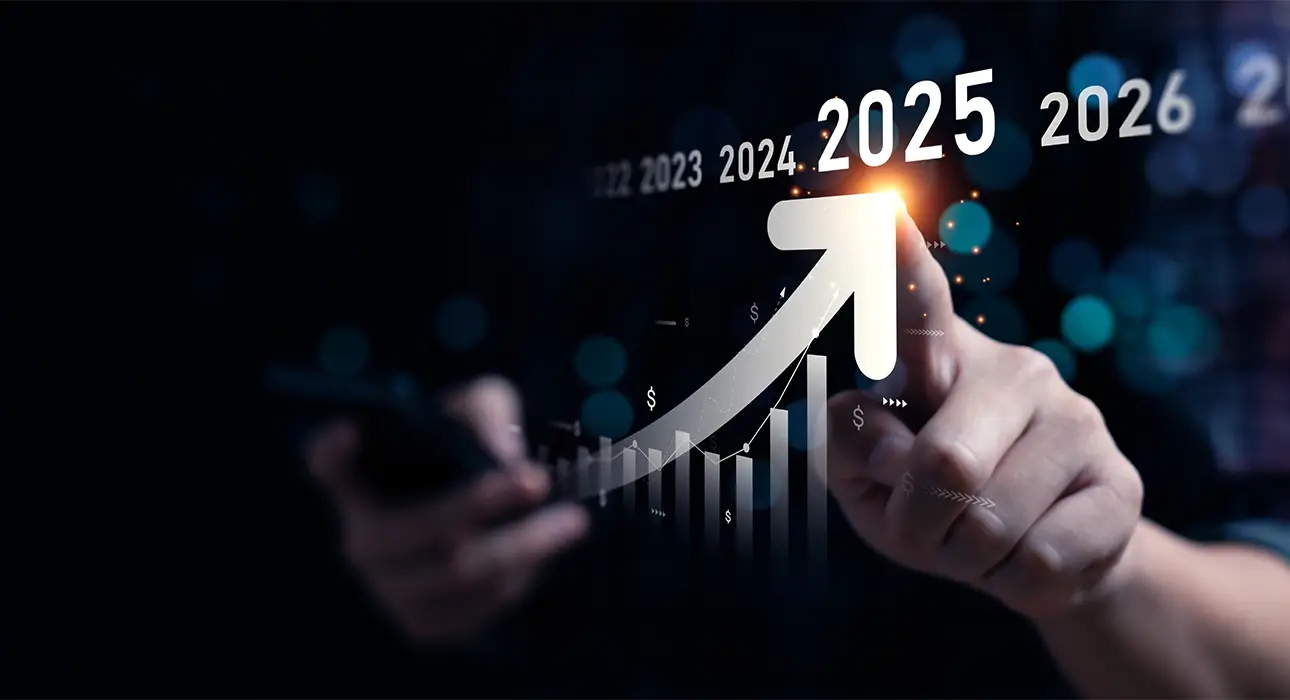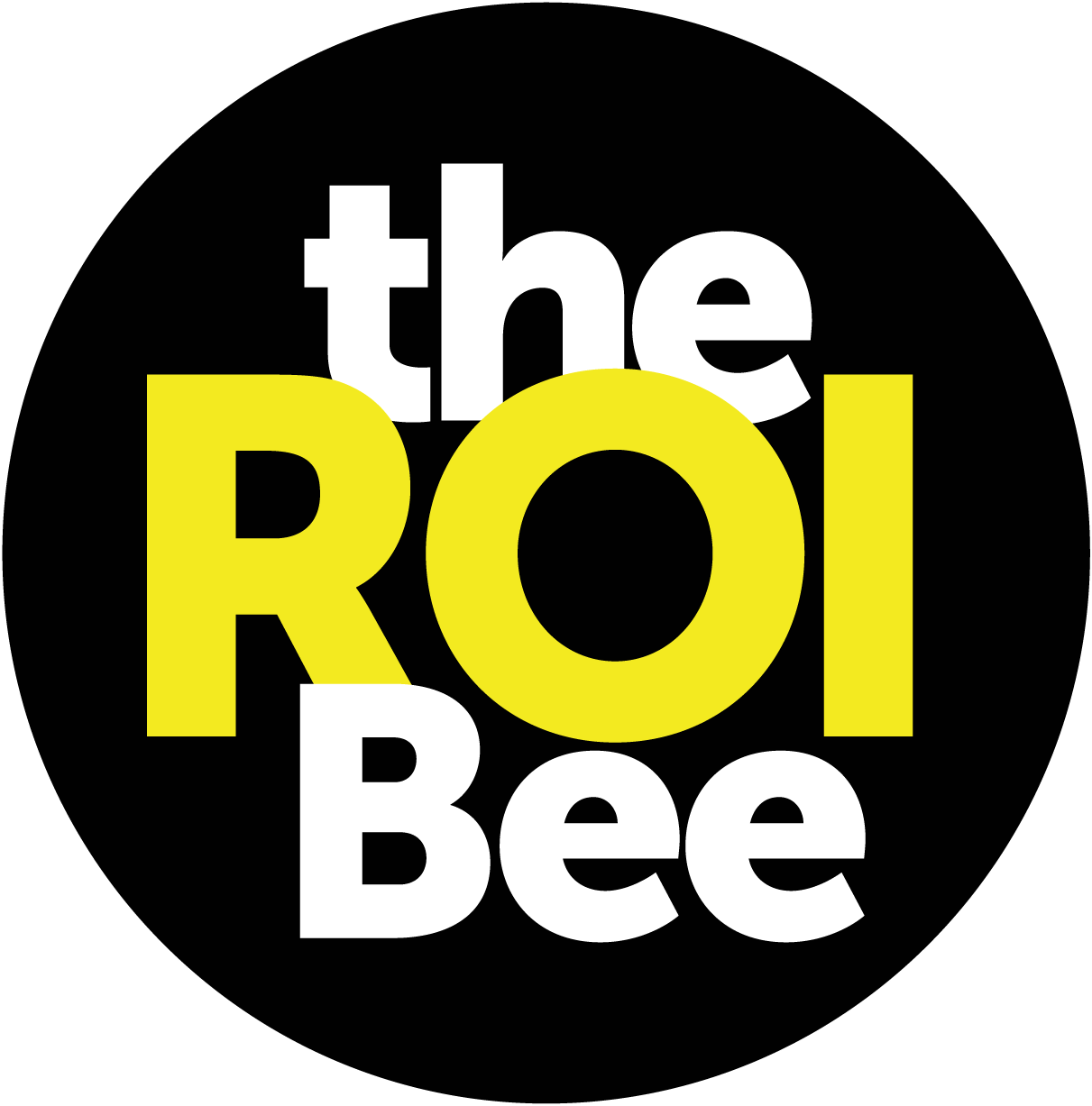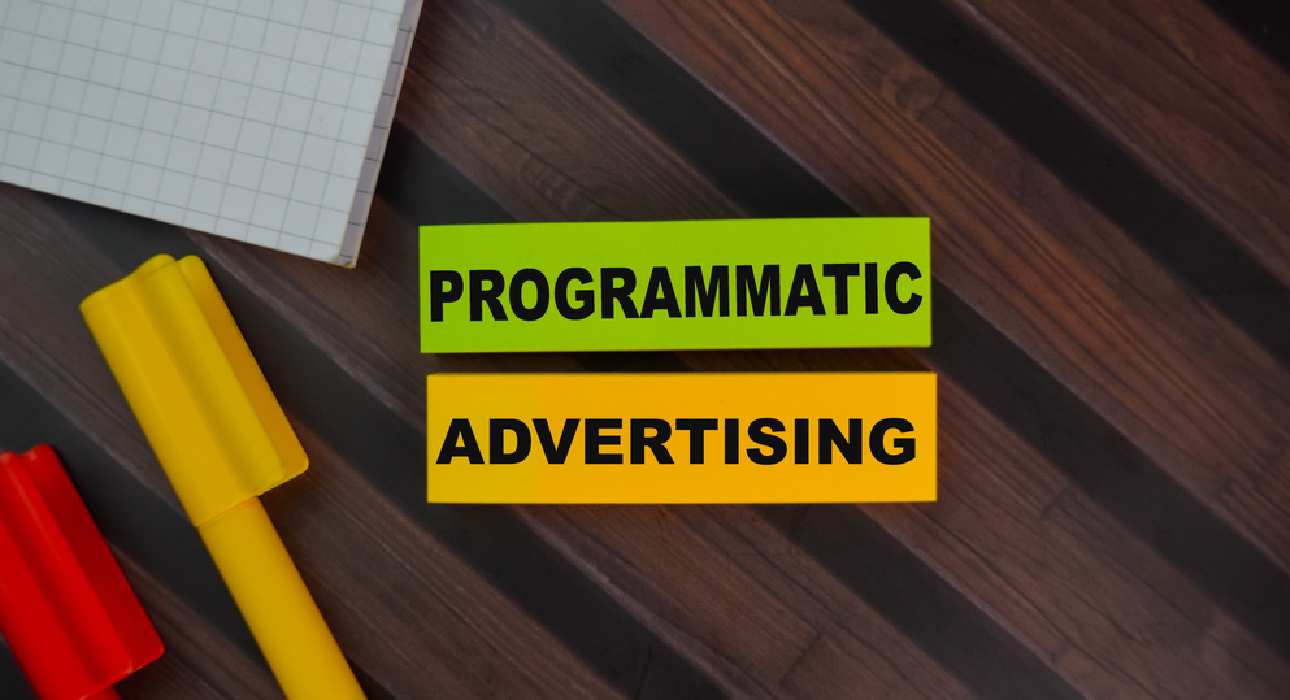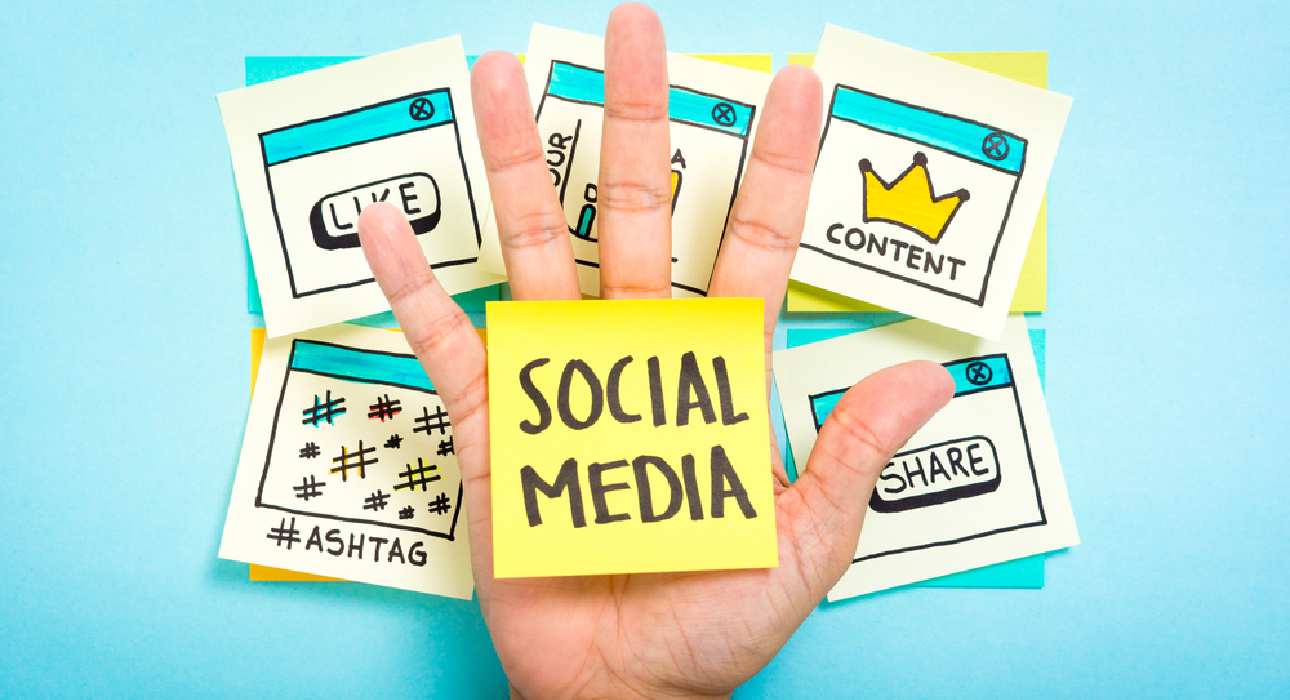06/03/2025
The Future of Performance Marketing: Trends to Watch in 2025

Performance marketing is undergoing a significant transformation in 2025. With the rise of AI-driven automation, shifting consumer behaviour’s and stricter data regulations, marketers must adapt quickly. The key to success lies in staying ahead of trends that define the future of digital advertising. From AI-powered personalization to emerging innovations, let's explore the most impactful shifts shaping performance marketing this year.
AI and Machine Learning Are Leading the Charge
AI and machine learning are redefining how brands engage with consumers. Here’s how AI is influencing performance marketing:
-
Predictive analytics helps identify consumer intent before purchase
-
Automated ad placements optimize bids in real-time for better return on ad spend
-
AI-driven chatbots enhance customer engagement, improving conversion rates
According to a report by McKinsey, AI-driven marketing strategies can boost campaign ROI by up to 30%.
Employee-Generated Content is the New User-Generated Content
Consumers trust people more than brands. That is why employee-generated content is emerging as a powerful tool in 2025. Instead of polished influencer campaigns, brands like Loewe and Fenty Beauty leverage their employees to create authentic, behind-the-scenes content.
Why Employee-Generated Content Works
-
Builds trust through authentic voices
-
Humanizes the brand
-
Encourages organic engagement
However, businesses must balance content ownership and corporate branding to avoid mixed messaging.
3. The Rise of Generative AI in Content Creation
Generative AI is rapidly transforming ad creatives and copywriting. AI-powered tools like Midjourney and HeyGen allow marketers to generate high-quality video ads in minutes.
Benefits of Generative AI in Marketing
-
Rapid production of ad creatives
-
Cost-effective compared to traditional agencies
-
AI-personalized content tailored to different demographics
According to Business Insider, Headway, an edtech startup, used AI-generated video ads and saw a 40% increase in ROI on video marketing campaigns.
4. The Growth of Retail Media Networks
Retail media networks are becoming a major player in performance marketing. Brands are increasingly partnering with large retailers to place targeted ads directly on e-commerce platforms.
Why Retail Media Networks Matter
-
Access to first-party consumer data for better targeting
-
Increased brand visibility at the point of purchase
-
Higher ROI through precision audience targeting
According to eMarketer, U.S. retail media ad spending is projected to surpass $50 billion in 2025, highlighting its growing significance.
5. Data Privacy and Ethical Marketing Take Center Stage
With increasing consumer concerns over data privacy, marketers must find ways to engage users without relying on third-party cookies. Stricter regulations, including GDPR updates and Apple's iOS privacy policies, demand more transparent and ethical data collection strategies.
How Brands Can Adapt
-
Implement zero-party data collection directly from customers
-
Use server-side tracking instead of cookies
-
Communicate data policies for transparency
According to Forrester Research, 75% of consumers say they are more likely to trust brands that prioritize data privacy.
6. Influencers Are More Than Just Ad Spaces
The role of influencers is evolving beyond brand promotions. In 2025, they are becoming co-creators and brand consultants rather than just paid endorsers. Brands are now involving influencers in:
-
Product development, such as Nike athlete collaborations
-
Behind-the-scenes content creation
-
Long-term partnerships instead of one-time sponsorships
According to Vogue Business, brands working with influencers in creative roles see 30% higher engagement rates than traditional sponsorships.
7. Performance Marketing Meets Economic Resilience
Despite global economic uncertainty, the U.S. economy is showing strong resilience. The S&P 500 earnings per share are expected to rise by 11% in 2025, suggesting more opportunities for marketing investments.
What This Means for Advertisers
-
More budget allocation toward digital ads
-
Higher spending on customer retention campaigns
-
Stronger push toward AI-optimized ad strategies
According to The Times, performance marketers must align their strategies with economic trends to stay competitive.
8. AI-Driven Marketing Optimization: The Next Big Leap
AI-powered optimization frameworks like Neural Optimization with Adaptive Heuristics are transforming how marketers allocate budgets and optimize performance. These AI-driven models analyze:
-
Multi-channel marketing effectiveness
-
Customer segmentation and behavior trends
-
Real-time ad spend adjustments
According to Google's marketing platform, Google’s AI-powered ad recommendations are already boosting advertisers' ROI by 20% on average.
The Road Ahead: Staying Ahead in Performance Marketing
As 2025 unfolds, performance marketing success will depend on:
-
Adopting AI-driven tools for ad placement and content creation
-
Prioritizing data privacy to maintain customer trust
-
Leveraging authentic influencer and employee-driven content
By staying agile and embracing emerging trends, brands can maximize ROI, future-proof their marketing strategies, and achieve sustained growth in the evolving digital landscape.
More Useful Links:-
Jaggercane Case Study | Kumon Case Study | Leaseplan Case Study | Miarcus Case Study | Tossin Case Study






